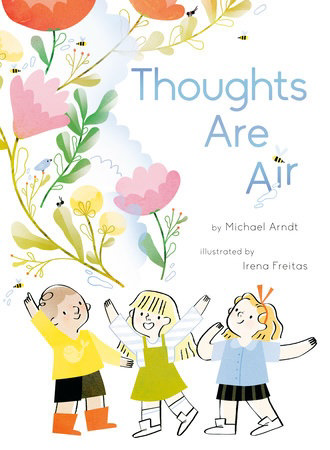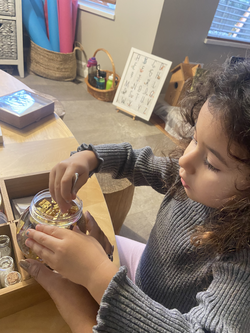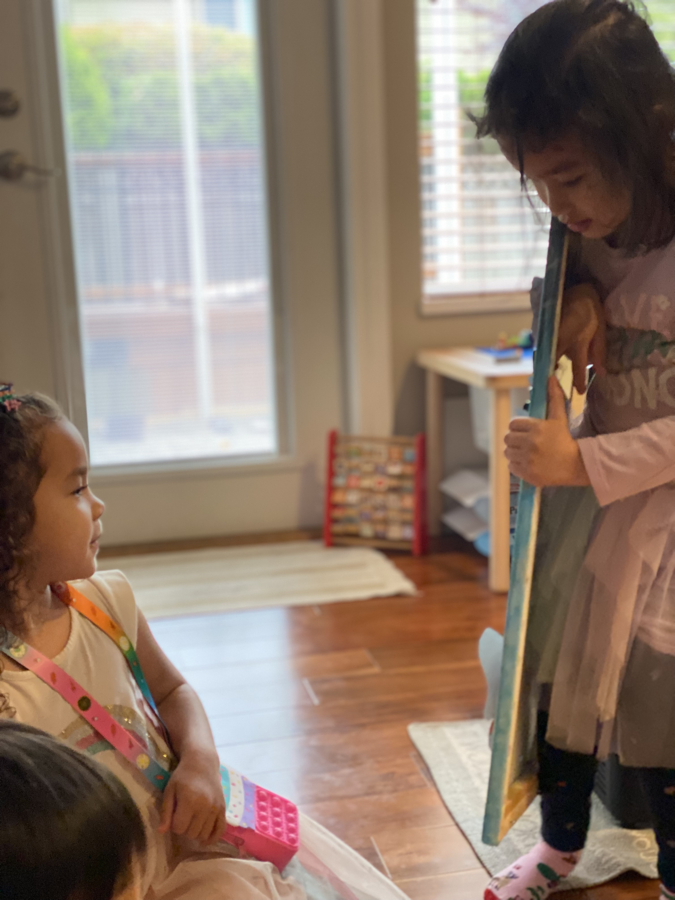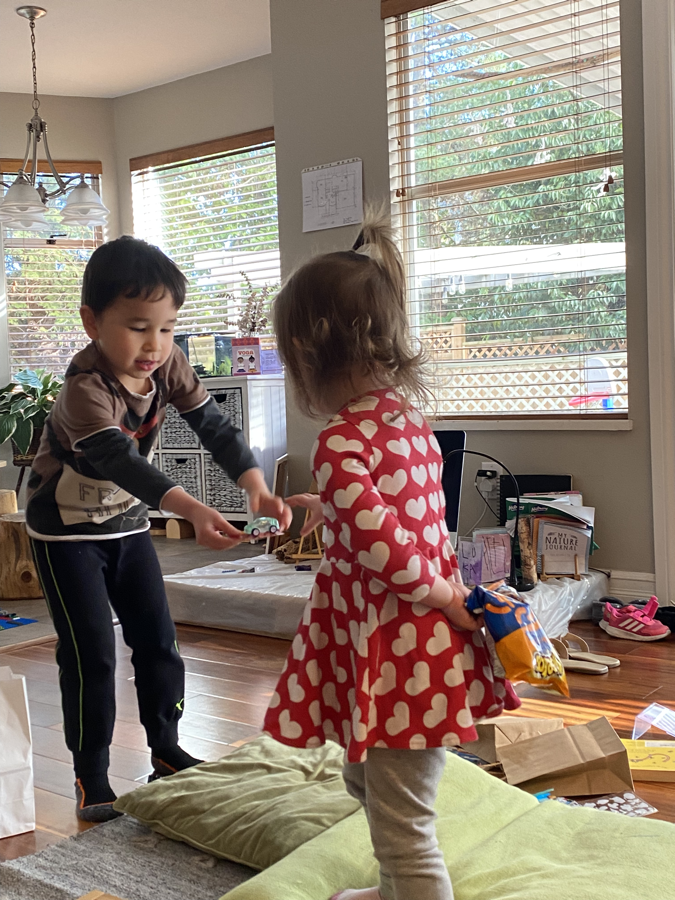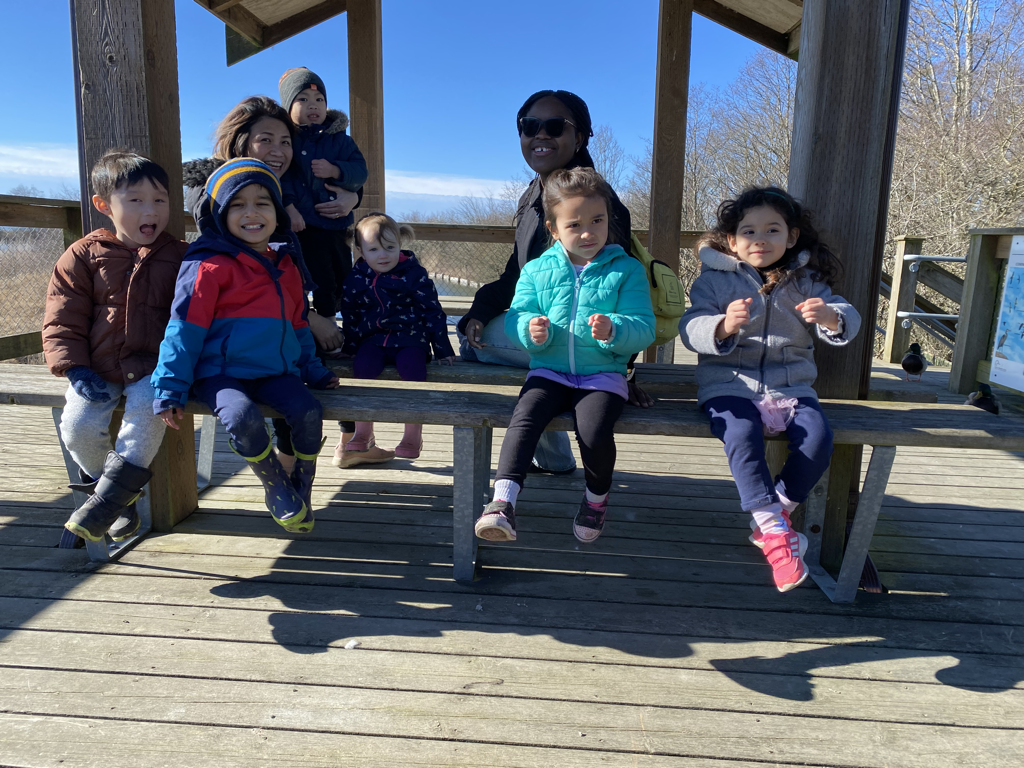|
With deceptively simple verse, Thoughts Are Air brilliantly links thoughts, words, and actions to the water cycle. Just as air becomes water becomes solid matter, thoughts become words become actions. The comparison is subtle yet powerful - air condensing into matter; ideas condensing into something that matters. When a trio of friends happen upon a neighborhood tree falling into decay, an idea catches hold. But what makes a dream become a plan, and how does a plan lead to a better tomorrow? In Children & Friends, we choose inquiry as our approach to learning. We make observations, ask questions, and pursue investigations as our ways to understand about self and the world. The architecture of our brain is shaped by and through learning experiences. The research from the neurosciences also suggests that active engagement is necessary for learning. "Active engagement is a prerequisite for the changes in brain circuitry that are thought to underlie learning. In educational terms, this suggests that passively sitting in a classroom hearing a teacher lecture will not necessary lead to learning. Conversely, active engagement with educational material within or outside of school will support learning" (Hinton, Fischer, and Glennon, 2012). While some may argue inquiry learning takes too much time and it's more efficient to simply give us the information we need to know, this does not lead to true understanding. We must learn to cope with problems that may not have clear solutions. We need to deal with changes and challenges to our understanding. This is what inquiry-based learning teaches us to do by triggering our critical thinking capacities, and pushing us to take action instead of learning passively. Research shows that when we ask a question ourselves, we are more likely to remember the information we receive. It makes sense - we are likely asking about something that is interesting or relevant to us, and by asking the question, we become personally invested in the answer. When we invite our minds to wonder, we encourage investigation and creativity, to explore new possibilities, ways of thinking and solving the problems of the world. We explore relationships through play and group experiences. Inquiry-based learning takes place in a social context and is rich in language and dialogue. We are encouraged to collaborate, sharing our ideas, and listening to the ideas of others, as we build meaning and understanding together. Through our ongoing dialogue and sharing of understanding to learn how to differentiate between fantasy and reality. We sometimes definitely find it difficult to distinguish reality from unreality. Empirical research on the fantasy or reality distinction is consistent with Piaget's view that young children have difficulty negotiating the boundary between fantasy and reality. Therefore, in our group discussion, we discuss about the contrasts between objects and reality, pictures and reality, and pretense and reality. We talk about how some things are not really real - they are just ideas we have made up in our heads. In addition, we use items that we are familiar with to compare and contrast to explain the similarities and differences. Kindest,
Children & Friends.
0 Comments
|
No part of this publication may be reproduced, distributed, or transmitted in any form or by any means, including photocopying, recording or any other electronic or mechanical methods, without the prior written permission of the publisher.
Archives
July 2024
|
